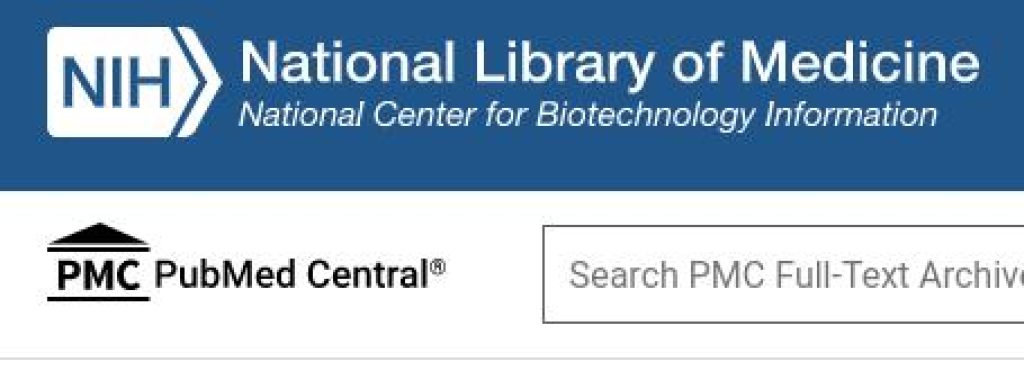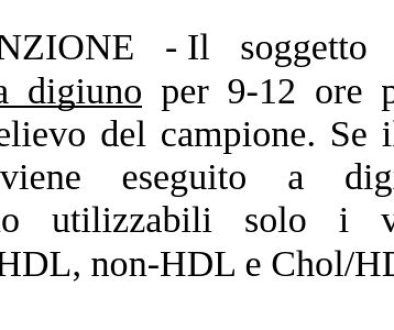Alzheimer's disease: excellent results with the Ketogenic or paleolithic diet
 Research “Alzheimer's disease and type diabetes mellitus 2: The use of MCT oil and a ketogenic diet” studied the impact of the ketogenic diet (also called Paleolithic) on Alzheimer's and oil supplements, especially coconut oil.
Research “Alzheimer's disease and type diabetes mellitus 2: The use of MCT oil and a ketogenic diet” studied the impact of the ketogenic diet (also called Paleolithic) on Alzheimer's and oil supplements, especially coconut oil.
The researchers state that “It has recently been reported that type diabetes mellitus 2 (T2DM) is strongly associated with Alzheimer's disease (ad). This is partly due to insulin resistance in the brain. Insulin signaling and the number of insulin receptors may decrease in the brains of T2DM patients, resulting in impaired synaptic formation, neuronal plasticity and mitochondrial metabolism. In patients with AD, hypometabolism of glucose in the brain is observed before the onset of symptoms. Also the accumulation of amyloid-β, one of the main pathologies of AD, is related to impaired insulin action and glucose metabolism, although ketone metabolism is unaffected. therefore, switching from glucose to ketone metabolism could be a reasonable route to neuron protection. To promote ketone metabolism, medium chain triglyceride oil (MCT) and a ketogenic diet could be introduced as an alternative source of energy in the brains of AD patients.” .
E’ it should be noted that for some time now an English researcher she had treated her husband by giving him coconut oil.
Alzheimer's disease benefits from the intake of oil “MCT” or coconut oil why dissolve beta-amyloid plaques by restoring the glucose metabolism damaged by insulin resistance caused by a diet rich in sugars and carbohydrates at the basis of type 2 diabetes mellitus 2, while the ketogenic diet by triggering ketone metabolism, manages to block evolution or even restore function.
These results are substantially confirmed by the “Randomized crossover study of a modified ketogenic diet in Alzheimer's disease” made in New Zealand in 2018.
The researchers make the premise that “Brain energy metabolism is impaired in Alzheimer's disease (ad), which could be mitigated by a ketogenic diet. We conducted a randomized crossover study to determine whether a modified ketogenic diet of 12 weeks improved cognition, daily function or quality of life in an inpatient clinic of AD patients.”
Patients with a clinically confirmed diagnosis of Alzheimer's disease were randomly assigned to a modified ketogenic diet or a habitual diet supplemented with low-fat healthy eating guidelines, and put them into a one-stage crossover study, with the evaluator kept in the dark about the procedure followed . Two treatment periods of 12 weeks, separated by a period of “wash” of 10 weeks resulted in within-individual mean changes in the scale “ACE II-Addenbrookes Cognitive Examination – III” in the AD Cooperative Study inventory – Activities of Daily Living (ADCS-ADL) and in the questionnaire Quality of Life in AD (QOL-AD) in the span of 12 weeks. In addition, changes in cardiovascular risk factors and adverse effects were considered.
Results : “We randomized 26 patients, of which 21 (81%) have completed the ketogenic diet; only one withdrawal was attributed to the ketogenic diet. During the ketogenic diet, patients achieved sustained physiologic ketosis (average level of beta-hydroxybutyrate a 12 weeks: 0,95 ± 0,34 mmol/L). Compared to the usual diet, ketogenic diet patients increased mean individual ADCS-ADL scores (+ 3,13 ± 5,01 points, P = 0,0067) e ROOM-AD (+ 3,37 ± 6,86 points, P = 0,023); ACE-III also increased, but not significantly (+ 2,12 ± 8,70 points, P = 0,24). Changes in cardiovascular risk factors were mostly favorable and adverse effects were mild.”
The Conclusions: “This is the first randomized study investigating the impact of a ketogenic diet in patients with a uniform diagnosis of Alzheimer's disease. The application of a modified ketogenic diet of 12 weeks to AD patients appears to be able to achieve high maintenance rates, adherence and safety. Compared with a usual diet supplemented with guidelines for healthy low-fat eating, patients following the ketogenic diet have improved daily functions and quality of life, two factors of great importance for people with dementia.”
For the sake of honesty, I must report that already in 2016 (long before these studies ) THE journalist Adriano Panzironi he had demonstrated excellent dementia results on people who had followed his lifestyle “Life 120” which is essentially a Paleolithic diet supplemented by nutraceuticals .
E’ clear that the way Alzheimer's disease is treated by Western institutions is not aimed at the well-being of the patient, but to give him drugs that in some cases have been shown to make the situation even worse.






